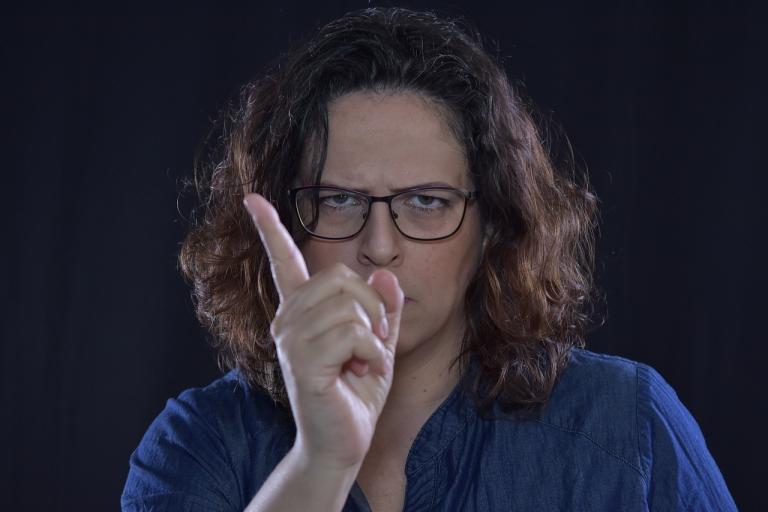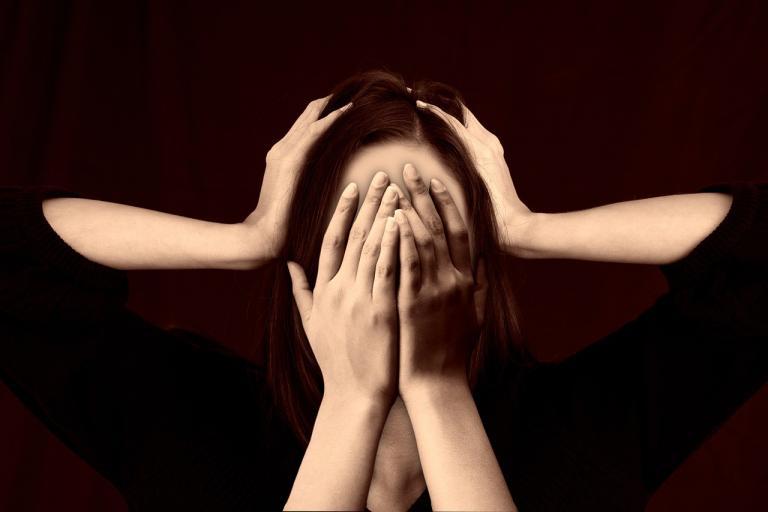Have you noticed how almost every streaming show is filled with cursing? And it’s not just a little. One show I watched used the f-word 29 times in 30 minutes. It felt assaultive. Frankly, it made me cringe. And I wondered if the writers could not have come up with better dialogue!
A few people I know say all this cursing reflects the culture. Does it? I mean even Presidents Obama and Biden have let the f-word fly. Are we seeing a shift in the acceptance of swearing in the public and private realms and among our respected leaders?
A 2022 study found that people in American cities reported they swore 21 times a day. I am very surprised by that. I live in a city and very few people in my social, work or other circles swear. So I guess we all must be outliers.
I was not raised around people who swore. My mom used to say swearing was for people with a poor vocabulary. Mom was apparently wrong. At least that is what professor emeritus, Timothy Jay, at Massachusetts College of Liberal Arts contends based on his research. According to Jay, people who are educated and intelligent swear more, not less.
So why do people do this? One theory is that swearing provides emotional relief. Really, is this the only way we can acceptably release our emotions? So when frustration hits, our brain instantly searches for and only finds curse words? Makes more sense to think the uptick in swearing publicly is based on learned behavior and desensitization. The more you hear it, the more it becomes ingrained in your brain. The more you use it, the less problematic it becomes. You become desensitized to it. And social media have provided a platform that allows cursing to fly. The more you hear it, eventually that’s what comes to mind.
To this point, growing up, no one around me swore — not in my extended family, and the media bleeped curse words on live shows. I just didn’t hear it. Even the kids at my public high school didn’t use curse words like they do now. It was considered vulgar speech. Our culture’s change to acceptance has to be a factor in the increase of swearing.
Here is a thought. Maybe I didn’t hear as much cursing because I grew up in Michigan. Turns out Georgia takes the top state for swearing, followed by Maryland and New Mexico. To hear less cursing, go to Minnesota where the favorite curse word is “hell.” Still, the West Coast is famous for the f -word which may explain why so many TV and move scripts use that language. Texans use it too, along with those from the Northeast.
Despite the normalization of swearing, I would not use it professionally no matter what. You may have a boss who is turned off by it like I would be. And therapists who tell their clients they curse like a sailor would lose some of their clientele. You may think it is acceptable, but others may not.
From a biblical perspective, James 3 tells us to to watch our mouth, to not allow both cursing and blessing to be spoken. In Ephesians 5:4 Paul tells the Ephesians that obscenities and “coarse joking” are “improper for God’s holy people.” The Bible also instructs us to let no corrupt word come from our mouth and that the words of our mouth are to be acceptable to the Lord. We’ve known for 2,000 years — at least — that there is power in the words we use. Even the movie industry still warns audiences about language.
We have to ask, do our words convey dignity and respect for others? Maybe more of us need to set a guard over our mouth and keep watch over the door of our lips as Psalm 141:3 declares. Matthew 12:34 reminds us the mouth speaks what the heart is full of. What is your heart full of? Your words open your hearts secrets. So while we could debate whether cursing reflects the culture, the bigger question is: what are your standards based on? Cultural acceptance or guidance from the Bible? It’s a question not often addressed in our churches; we have come to accept so many things as normal. But the culture’s “normal” isn’t always the best way to flourish.



